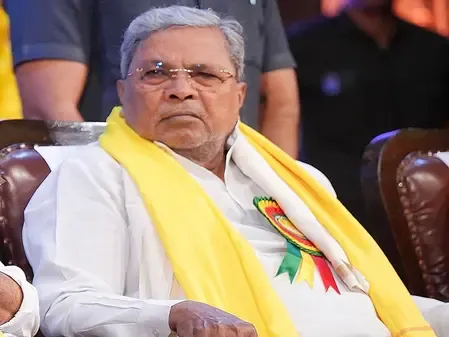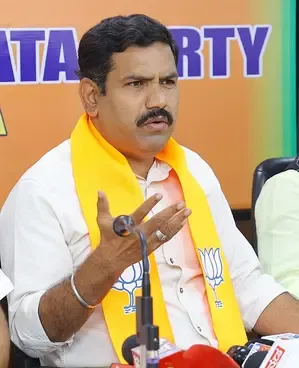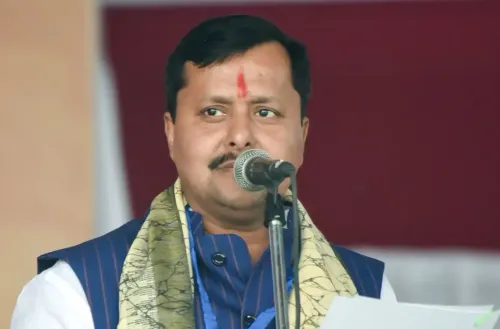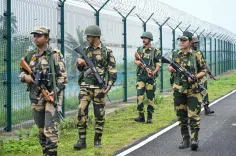Is the Centre Planning to Impeach Justice Varma?
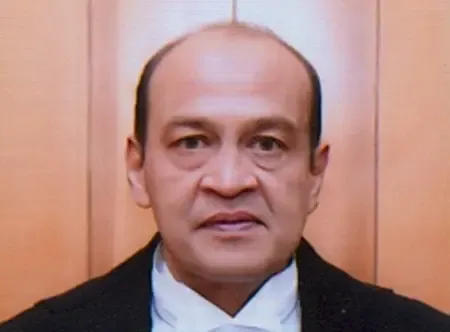
Synopsis
Key Takeaways
- The Central government is planning to impeach Justice Yashwant Varma.
- Serious allegations of financial misconduct have surfaced.
- A cross-party consensus is essential for the impeachment motion.
- The impeachment process is rare and significant in India's legal framework.
- Judicial accountability is under scrutiny following this case.
New Delhi, June 3 (NationPress) In a major turn of events, the Central government is gearing up to commence impeachment proceedings against Justice Yashwant Varma, a sitting High Court judge, due to grave accusations of financial misconduct. As per reliable sources, a motion advocating for his removal will be presented during the upcoming session of Parliament.
Minister of Parliamentary Affairs Kiren Rijiju is anticipated to spearhead discussions with all political factions prior to the motion's introduction. Senior government officials have indicated that achieving a cross-party consensus will be vital, as constitutional requirements for the removal (impeachment) of a judge are stringent.
This initiative follows a meeting held by Union Home Minister Amit Shah with the Union Minister of State for Law and Justice, Arjun Ram Meghwal. Subsequently, Amit Shah conferred with Prime Minister Narendra Modi for a duration of two hours.
Government insiders have revealed that the impeachment motion is set to be introduced in the Monsoon Session of Parliament, with Minister Rijiju engaging in talks with opposition parties.
Later, BJP President and Health Minister J.P. Nadda visited the Home Minister's residence. Following this, Amit Shah and Nadda, who also serves as the Leader of the House in the Rajya Sabha, met with Vice President Jagdeep Dhankhar, the Chairman of the Upper House, likely in relation to the impeachment motion.
Justice Varma finds himself at the heart of a controversy after a significant amount of unaccounted cash was reportedly discovered at his residence following a fire incident at his official home on 30 Tughlak Crescent in New Delhi. The then Chief Justice of India, Sanjiv Khanna, ordered Justice Varma's immediate transfer to the Allahabad High Court, which is his parent court. At the time of the fire, Justice Varma was out of the city. His family summoned firefighters and police to manage the situation. Once the fire was extinguished, a substantial amount of cash was allegedly found in one of the rooms.
A three-member inquiry committee, established under the judicial accountability mechanism by then CJI Justice Khanna, deemed the allegations serious enough to warrant removal proceedings against Justice Varma.
As per established protocol, then CJI Khanna formally submitted the committee's findings to the President and the Prime Minister, indicating that the judge declined to resign voluntarily. This step is only taken when credible evidence exists to justify impeachment.
The impeachment of a sitting judge is an exceptionally rare and sensitive procedure within India's constitutional framework. Historically, only a few judges have faced removal proceedings; most have opted to resign before the process could reach its conclusion.
The seriousness of the accusations against Justice Varma, coupled with the official findings from the judicial inquiry, has now set the stage for a pivotal moment in India's judicial accountability framework.



